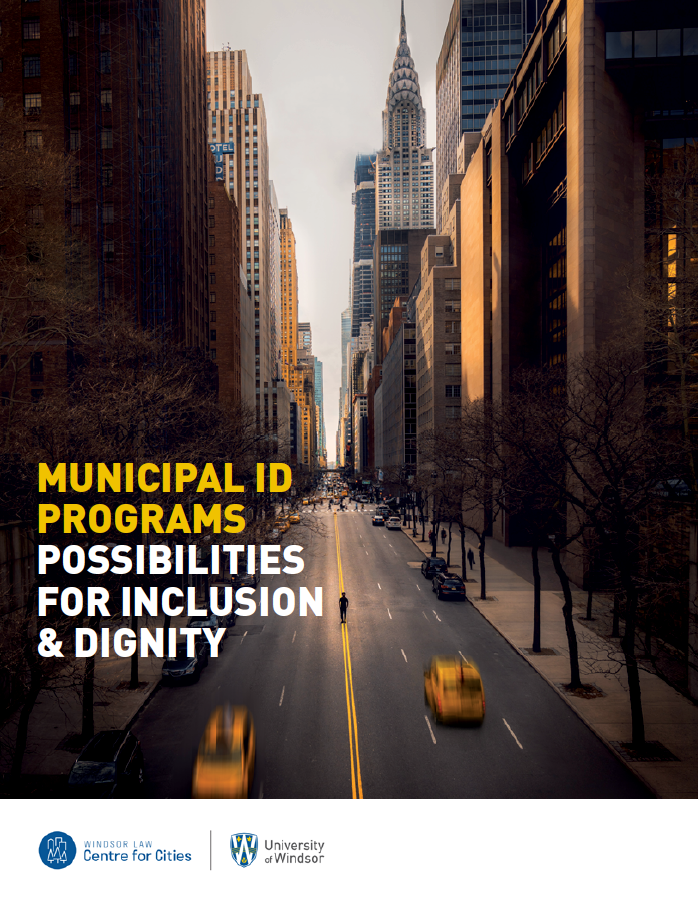
Anneke Smit: Expropriation and the Socio-Economic Status of Neighbourhoods in Canada
Expropriation – the non-consensual taking of privately-owned property by the state in exchange for the payment of compensation – is a widely-used tool of land use planning in Canada as it is in many other states. While in principle all privately-held properties are equally susceptible to expropriation in Canada, legal frameworks on expropriation fail to guard against the possibility that less-wealthy neighbourhoods become more susceptible to expropriation than more wealthy ones (the 99% versus the 1% to put it in the terms used by the Occupy movement of the early part of this decade).
This paper, published in the peer-reviewed Onati Socio-Legal Series, examines existing legal frameworks as well as a number of historical expropriation projects in Canada to depict how and why this may come to pass. It does so with a comparative eye turned towards the United States. It concludes with several recommendations for strengthening expropriation law frameworks in Canada to ensure that the property of the less-wealthy is as well protected as those properties in higher-income neighbourhoods.
Read full paper: https://papers.ssrn.com/sol3/papers.cfm?abstract_id=2572207



